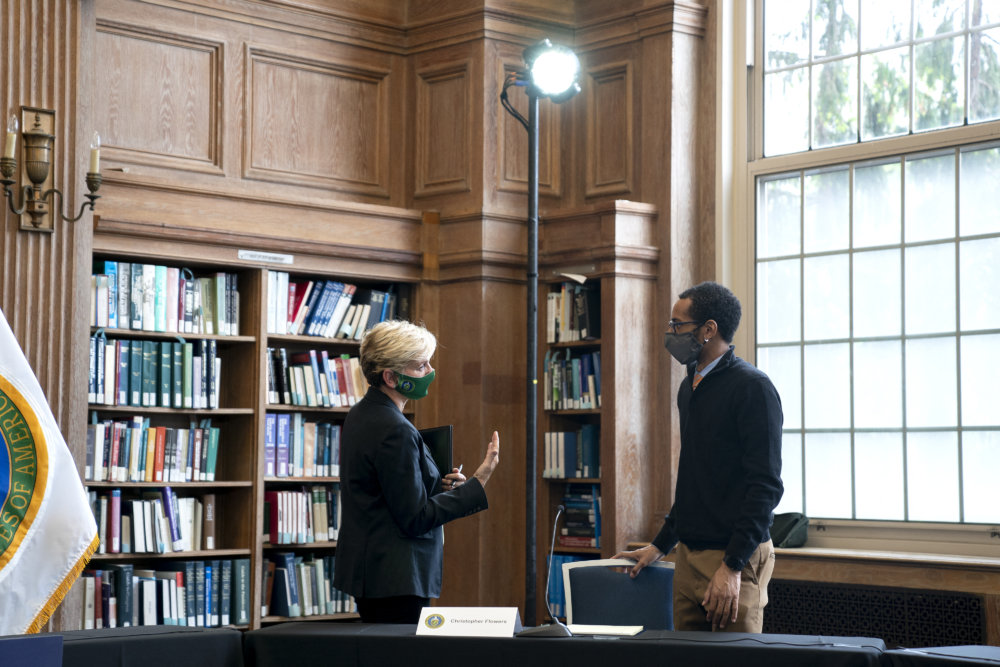
Nigerian students are looking beyond traditional study destinations post-pandemic, including Asian and European countries. According to recent coverage and data, Nigerian students are increasingly considering non-English speaking countries — indicating a shifting trend among Africa’s largest international student population.
Studyportals analytics consultant Jacopo Gutterer told The PIE News that Nigerian students are still drawn to English-speaking countries for “a mix made up of historical ties, expat communities, and because universities in the UK and the US often have a better brand recognition worldwide.” Yet, an emerging trend displays a shift in attitude brought about by a multitude of factors.
2021’s best countries in the world for Nigerian students: More diversity
While these English-speaking countries have long been known as study abroad destinations, the high costs involved — along with difficulty in obtaining student visas — have urged Nigerian students to diversify their options in recent years. Gutterer adds that studying in non-English-speaking countries is “often cheaper than in other destinations, while the quality of education remains high.” Discerning students and parents are catching on to this.
Studyportals data shows that in 2020, Nigerian students picked Canada, Germany, UK, US and Norway as their top five study abroad destinations. According to Campus France’s Chiffres Class 2021, Malaysia, South Africa, and China are among the countries emerging as promising options to Nigerian students. With that, here’s a glimpse at four non-English speaking countries to look out for.

Source: Stefani Reynolds-Pool/Getty Images/AFP
Germany
Known for its leading technology and automotive industries, higher education in Germany has a great draw: it’s free, as long as you learn the language. This is known as the DAAD Scholarship, and it is fully funded by the German government. On that note, 2019 statistics have shown an 18% rise in the number of Nigerian students in German universities.
Nigerian students seeking a European education may apply for a student visa at the German embassy/consulate in Abuja or Lagos. You can apply once you’re accepted into a degree programme or Studienkolleg (the preparatory language course). Bring along your identification documents, academic transcripts, certificates, and completed forms.
Norway
The dynamic student life in Norway is personified by its peaceful and technologically-advanced society. According to the Royal Norwegian Embassy in Abuja, you can either pursue an exchange programme or travel to Norway for an entire Bachelor’s or Master’s programme. Nigerians make up 35% of the African student population in Norway. You may register online, then submit your application at a VFS Global centre or embassy/consulate. Get the details here.
China
You may not expect it, but over 7,000 Nigerian students were enrolled in Chinese universities as of 2019 — many sponsored by the Chinese government. According to CGTN, educational corporation is an important part of the China-Nigeria diplomacy. This means Nigerian students can expect more exchange opportunities and scholarships once the dust settles from the pandemic.
Malaysia
This Southeast Asian nation may be small, but it hosted roughly 13,000 Nigerian students in 2019. Two major cultural advantages of studying here (compared to others in the region) are the Muslim-friendly lifestyle and high level of English proficiency.
The latter can also be said for its neighbouring country Singapore. You will need a student visa, which you can obtain via VFS Global or the high commission in Abuja.










